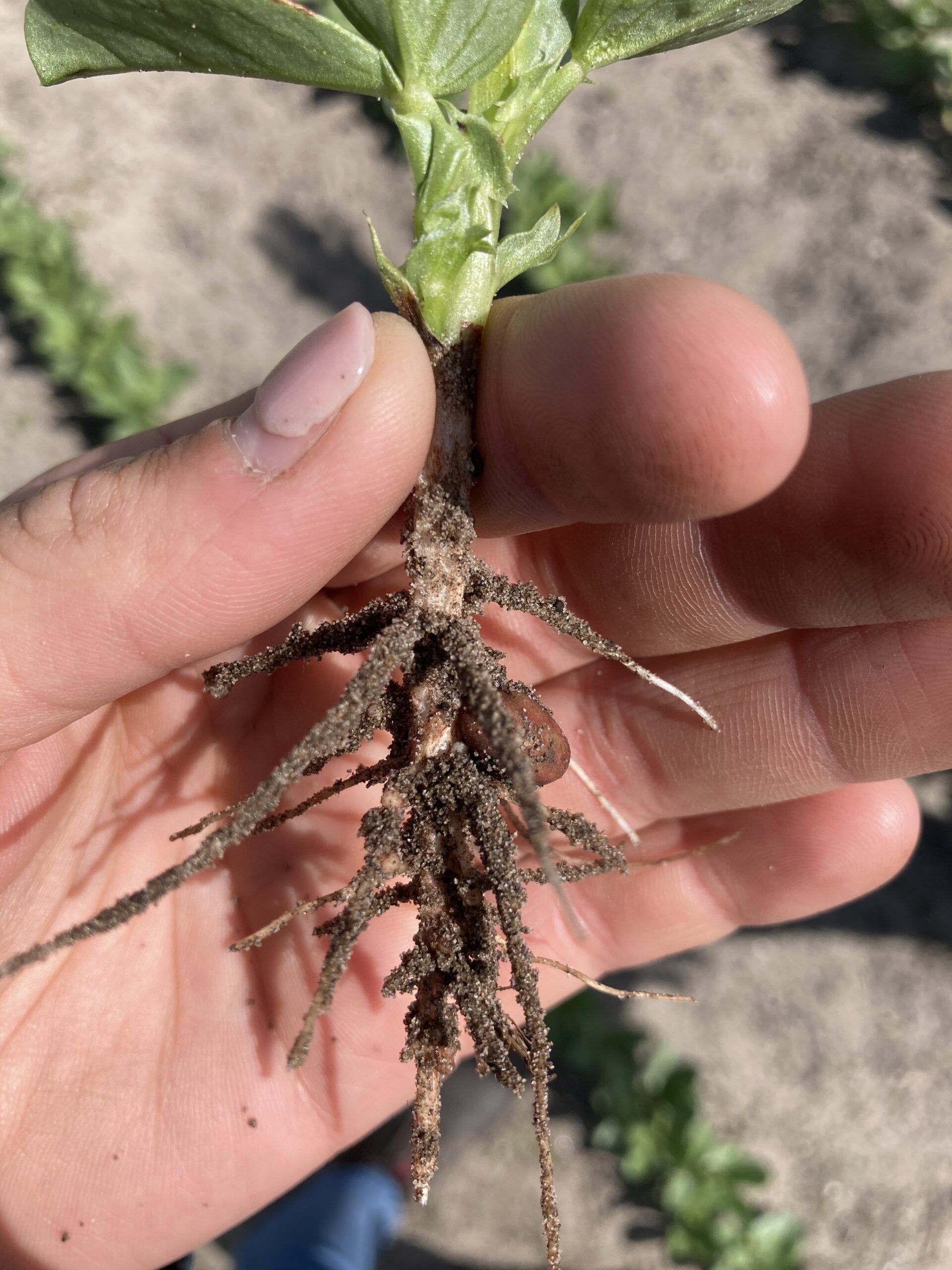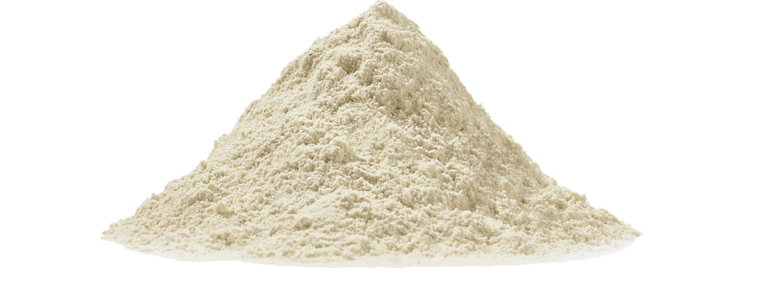bioavailability of vegetable proteins
The faba bean protein is known to have good biological value or availability. This is similar to other legumes such as peas and soy.
Protein bioavailability refers to the body's ability to digest, absorb and use the amino acids in a protein source.
Bioavailability of 100% therefore means that the protein can in principle be used in its entirety by the body.
The bioavailability of proteins is influenced by several factors, such as the presence of anti-nutritional factors and processing methods used. There are significant differences between faba bean varieties and there can even be considerable variation per harvest. In addition, there are always individual differences in digestion and absorption. Finally, because biological activity is difficult to determine and the faba bean has undergone relatively limited research, we cannot provide detailed values.
Faba beans naturally contain certain anti-nutritional factors (ANF) that can disrupt the digestion and absorption of proteins. The most important are tannin, phytic acid and trypsin inhibitors. Through smartly chosen processing methods and treatments, the amount of ANF can be greatly reduced and the bioavailability of the protein improved.


For example, Fabafull uses faba bean flour and enriched fractions thereof, where the (bitter) tannin mainly remains in the skin. By heat treating the faba bean ingredients in water, the other ANF are also largely broken down or washed out. And of course the muffins go into the oven. It remains difficult to determine all these effects. Our best estimate is that the bioavailability of the proteins in our muffins is between 85-100%.
